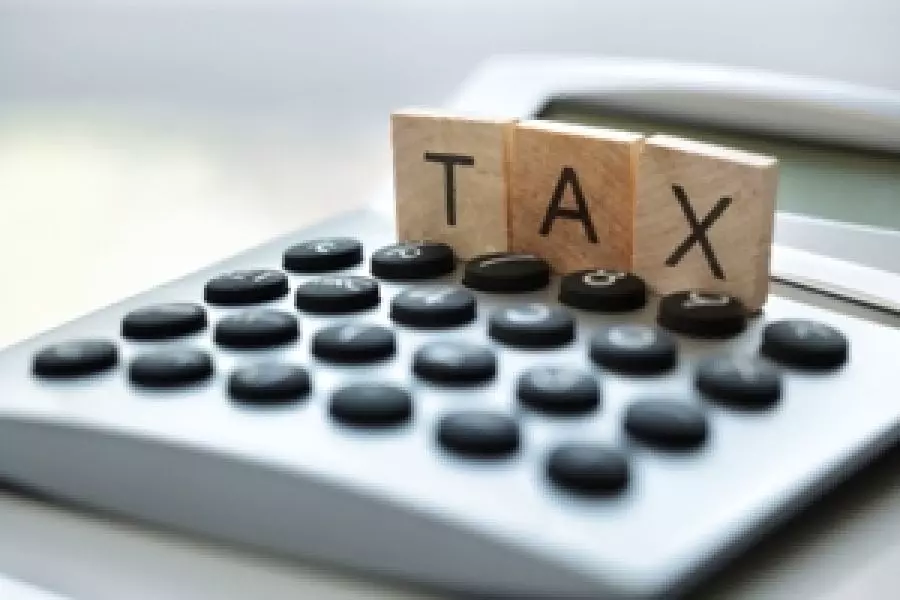News
Don’t under estimate the IRD

Thursday 25th of June 2015
Auckland’s former Heart of the City boss Alex Swney was yesterday sentenced to five years, seven months in jail – after being caught out for over a decade of financial offending.
Once one of the SuperCity’s high-profile representatives, Swney failed to pay over $1.8 million in tax to Inland Revenue (IRD).
And it was the IRD, along with the Serious Fraud Office...
Want to read the full article?
Click the button below to subscribe and will have unlimited access to full article and all other articles on the site.






![[The Wrap] Bye Bye Bayly](https://goodreturns.publit.io/file/c_fill,w_900,h_600/39f23ac1-f7c7-4854-b700-a150004ebbac.webp)


